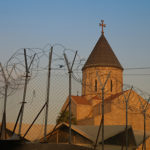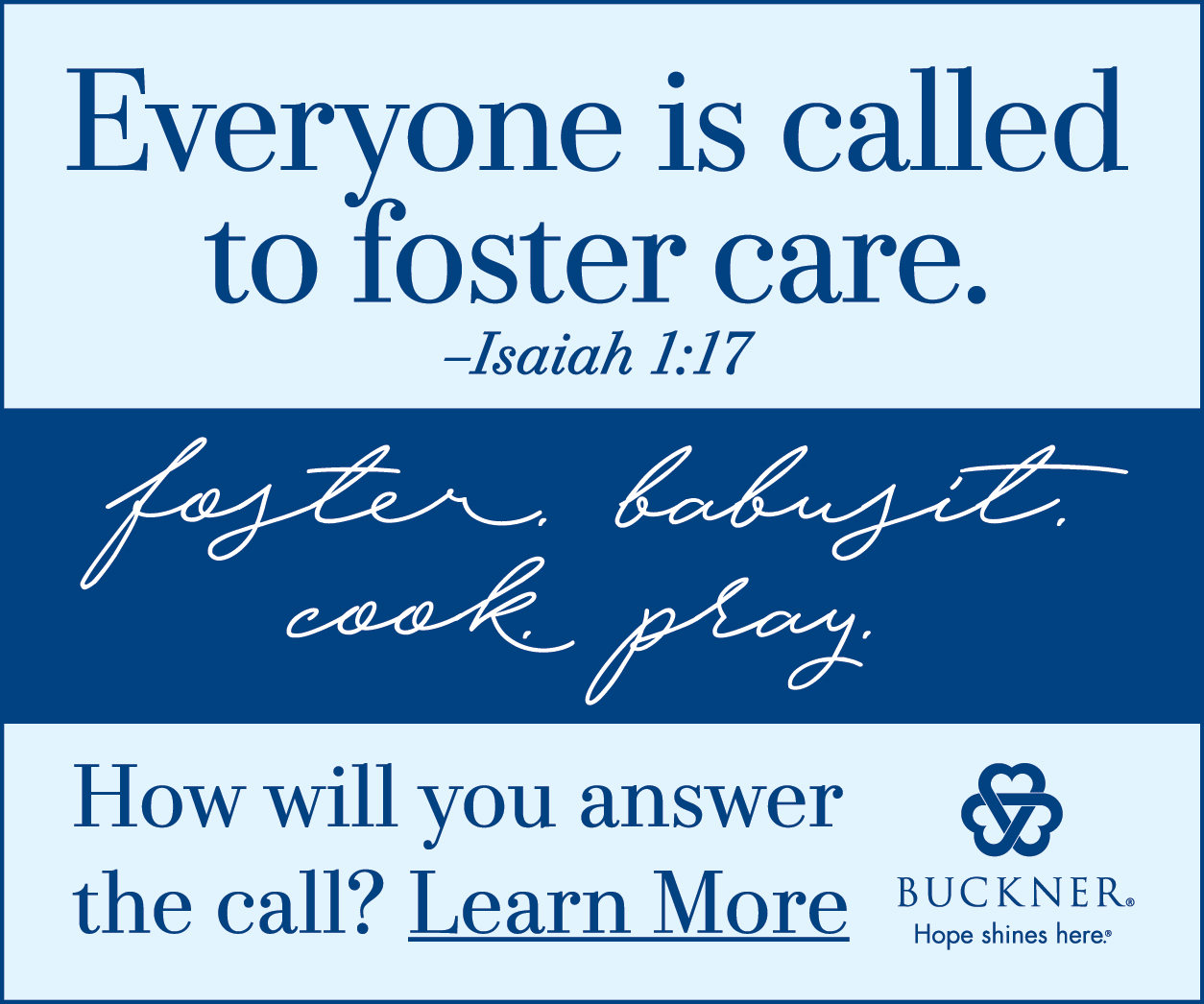Posted: 12/14/07
| For some Christians, following a calendar common to Christ’s followers through the centuries rather than one dictated by greeting-card companies constitutes an act of radical, counter-cultural discipleship. |
Happy New Year?
For Christians it began with Advent
By Jennifer Harris
Missouri Word & Way
When does the New Year begin? For Christians observing the church calendar, the new year began Dec. 2, with the start of the Advent season.
The liturgical church year is an “or-derly way to look at the full scope of Christ-ian themes in a year-long fashion,” said John Baker, pastor of First Baptist Church in Columbia, Mo.
The year begins with Advent, which starts the fourth Sunday before Christmas. Advent is a time of preparation or anticipation of the birth of Christ.
“If you’re going to have a party, you don’t just decide that day,” said Greg Lundberg, associate pastor of music and worship at Kirkwood Baptist Church in Kirkwood, Mo. “You put a lot of energy into the event. You prepare food, activities, decorations and gifts or favors for the guests. You want to make it special. That’s what’s so special about Advent. It’s a time set aside to prepare.”
“We try not to get to the birth too soon,” Baker said. “It is hard, but it builds the anticipation.”
First Baptist in Columbia accomplishes this, in part, with careful selection of Christmas hymns and carols. During the weeks of Advent, the songs focus more on the coming of Christ.
First Baptist Church in Washington, D.C., celebrates in a similar way.
“Advent begins in darkness, with the flame of hope sputtering on its charred wick,” Pastor Jim Somerville wrote in the church newsletter.
“We sing out hymns in minor keys. We drape the church in purple. But as the other candles are lit in the weeks that follow—peace and joy and love—the sense of expectancy is heightened, and when the Christ candle is lit on Christmas Eve, the mood shifts suddenly and dramatically.
“The house lights come up. Deep purple is replaced by dazzling white and gold. The minor key modulates into the major, and suddenly it is nothing but joy to the world, for the Lord is come!”
The 12 days of Christmas begin Dec. 25 and are followed by Epiphany, the revelation of Jesus to humanity, specifically in the visit of the Magi.
After Epiphany is Ash Wednesday, which marks the beginning of Lent, a 40-day time of preparation for the crucifixion and resurrection of Christ, culminating in Holy Week and, finally, Easter Sunday.
“Easter is the high holy day of the Christian year,” Baker said. “It far supercedes Christmas in importance.”
Christmas would be meaningless if not for Easter, he explains. Had Christ not risen from the dead, his birth would not be as important.
After Easter comes Pentecost, the coming of the Holy Spirit and birthday of the church.
The remainder of the year is made up of what is called ordinary time, which lasts until the next Advent. Ordinary does not mean the time is common or plain, but refers to “ordinal” or numbered.
The season of ordinary time does have some special emphasis days, such as Trinity Sunday and All Saints Day.
Another part of the liturgical year is the use of the lectionary, a three-year cycle through most passages of the Bible. Baker likes the lectionary because it helps ensure the entire Bible is covered. “We tend to get caught in the things we like most,” he said. “The lectionary helps make sure I don’t preach my own canon.”
Somerville said the lectionary makes sure there is a lot of Scripture in each service. Each week has an Old Testament passage, a Psalm, a gospel reading and an epistle. “We try to read all four passages out loud each week,” he said. “If a person has been at the church for three years, they have heard most of the Bible.”
“Baptists are known as ‘people of the Book,’” he said. “Yet we can attend a service and hear one half of one verse. With the lectionary, the people hear four complete passages from Scripture.”
Why follow the church year? For Robin Sandbothe of Central Baptist Theological Seminary in Shawnee, Kan., incorporating the church year in worship is profoundly meaningful.
“I did not grow up observing (the church year)—other than Christmas and Easter,” she said. “I was first exposed to its fullness in seminary. The connection it provides to both the Church around the world and the Church historically has an almost mystical significance for me—no ‘almost’ about it, really. I’m drawn to the contemplative nature of the seasons’ observances.”
Somerville began implementing the church calendar into worship during an earlier pastorate. He had been following the Southern Baptist Convention’s denominational calendar. When he saw Palm Sunday labeled as “start a church commitment Sunday,” he felt it was wrong.
“Not that there is anything wrong with starting a church,” he emphasized. “It just shouldn’t be the theme of Palm Sunday.”
He began looking to the church calendar and was glad First Baptist Church in Washington, D.C., had been following the calendar for “years and years.”
Somerville admitted keeping the symbols and traditions fresh can be a struggle, but he added that is a struggle regardless whether the church year is being followed.
“People know what I’m going to say on Easter,” he said. “‘Christ is risen.’ Finding new ways to say that is hard. But then, it’s hard to have a bad Easter.”
Somerville said the church year can be special and meaningful because of the layers upon layers of meaning that are applied each year.
Ultimately, it comes down to how you plan worship, he said.
“Do you plan sermons based on a denominational emphasis, the life in your community at that point or how the Spirit moves on Saturday night? The church year is at least as legitimate as those methods, and perhaps more intentional than some. I’d find it hard to go back to another method.”
Lundberg agrees.
“We follow calendars, whether we like it or not,” he said. “Most follow a Hallmark calendar. We celebrate a lot of things that we should. We should remember the important things—the incarnation of Jesus as God in this world, the resurrection.”
















We seek to connect God’s story and God’s people around the world. To learn more about God’s story, click here.
Send comments and feedback to Eric Black, our editor. For comments to be published, please specify “letter to the editor.” Maximum length for publication is 300 words.